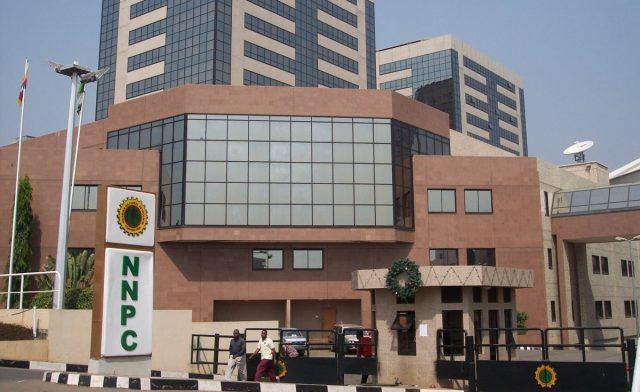The Nigerian government will suspend its policy of exchanging crude oil with refined petroleum products from foreign suppliers, Ibe Kachikwu, minister of state for petroleum resources, disclosed on Tuesday.
Kachikwu, who is also the group managing director of the Nigerian National Petroleum Corporation (NNPC), said that in its place, the government was adopting the option of direct-sale–direct-purchase (DSDP), which would save the government over $1 billion.
He said DSDP, which will take off from March, would give NNPC the latitude to control crude oil sale and purchase transactions with its partners.
“On assumption as the GMD of NNPC, I met the Offshore Processing Arrangement (OPA). There is always room for improvement,” Oli Alegbe, NNPC spokesman, quoted Kachikwu as saying when he appeared before the house of representatives ad hoc committee set up to investigate NNPC’s offshore processing and crude swap arrangements between 2010 to date.
Advertisement
“My team and I came up with the DSDP initiative with the aim of throwing open the bidding process. This initiative has brought transparency into the crude-for-product exchange matrix in tandem with global best practices.
“The DSDP initiative whittles down the influence of the minister in the selection of bid winners as it allows all the bidders to be assessed transparently based on their global and national track record of performance before the best companies with the requisite capacities are selected.”
Under the old order, crude oil was exchanged for petroleum products through third party traders at a pre-determined yield pattern.
Advertisement
Kachikwu said the introduction of the DSDP was necessary to reduce the gaps inherent in the OPA and the losses incurred by the NNPC in the past.
The new arrangement, he explained, would help the NNPC to grow indigenous capacity in the international crude oil business and generate employment opportunities for indigenous companies selected.
The DSDP initiative would also give other government agencies, such as the Bureau of Public Procurement (BPP) and Nigeria Extractive Industry and Transparency Initiative (NEITI), the opportunity to be a part of the bidding process in order to engender adherence to due process.
On the alleged non-transparent nature of previous crude oil-for-products exchange arrangements, the minister said the reconciliation process was ongoing, adding that going forward the ministry would deploy technology to track cargoes and trans-shipment at the reception depots in order to forestall any incidence of round tripping.
Advertisement
On the price modulation policy introduced by the federal government, the minister said this would eliminate the burden of subsidy on imported petroleum products.
Add a comment







